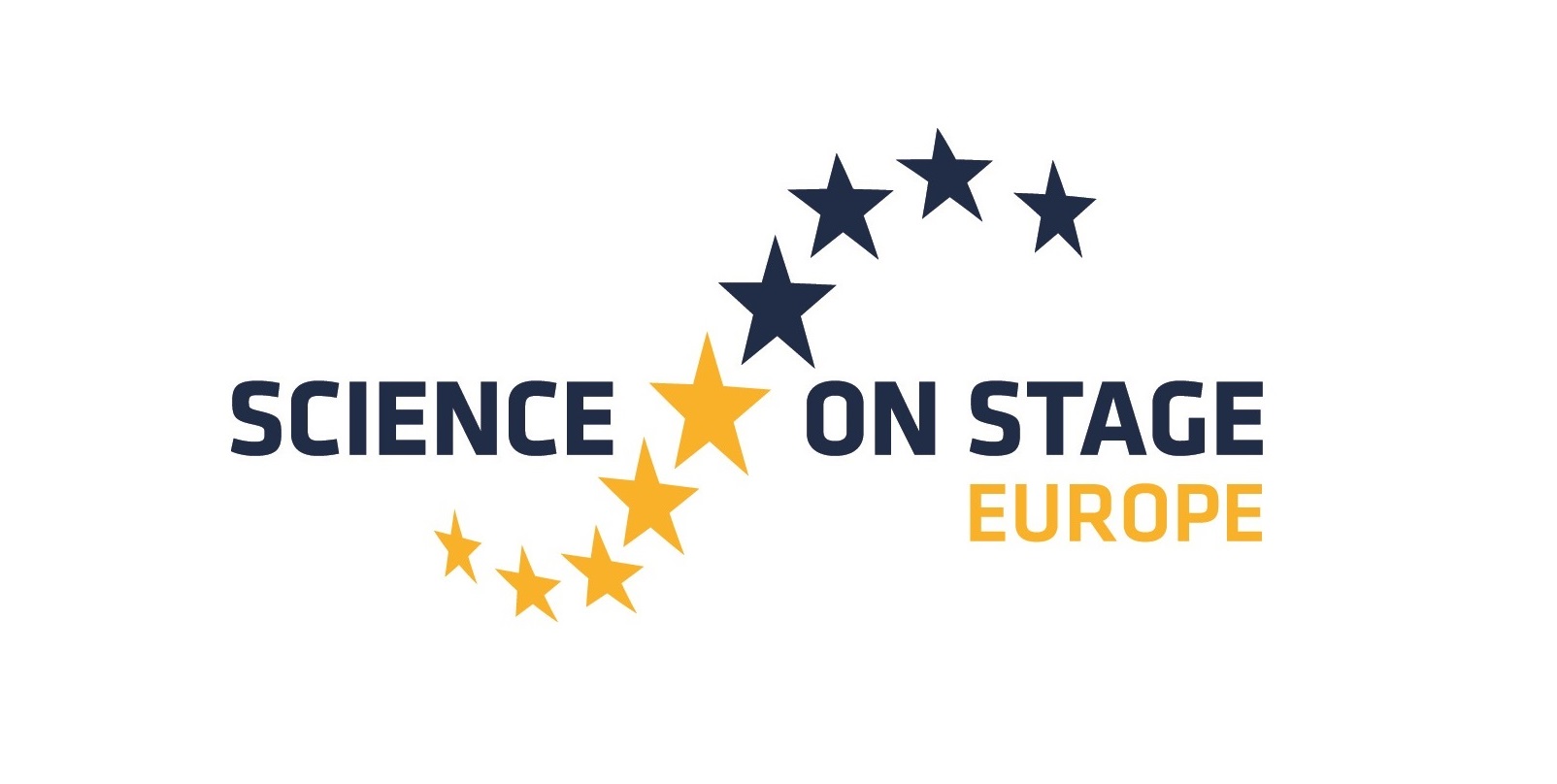Progress Through Renewal: 2016 Enterprise Report
After five years of pursuing an enterprise policy, now seems an appropriate time to take stock of the experiences gained. The Dutch economic system has developed favourably in recent years. According to the World Economic Forum, the Netherlands is the EU’s most enterprising and competitive economy. The Netherlands is strongly positioned, with a highly educated workforce, a sound and reliable, physical and knowledge infrastructure and a good digital infrastructure. The country enjoys a reputation as an attractive destination for foreign investments. The Netherlands has a strong and open international orientation and cooperative structures, stable macro-economic parameters, a powerful and rich tradition of public-private partnerships (PPPs), an attractive climate for new start-ups and an effective government system.
Labour productivity in the Netherlands is among the highest in the world. This is in part due to the country’s government-designated Top Sectors: priority areas of the economy whose performance is above average when measured against international benchmarks. Each Top Sector possesses unique and specialised knowledge and increasingly applies that knowledge beyond its own boundaries, combining it with the knowledge specialisations of other sectors in crossovers that target societal challenges. As such, the Top Sectors and their cooperation partners also contribute to the objectives of the National Science Agenda (NWA)1 and Horizon 20202.While the growth of the Dutch economy in the past few decades has been mostly the result of a larger labour input, in the years ahead it will be mainly driven by rises in labour productivity fuelled by innovation.
The Netherlands is in a good starting position to develop further into a region that is able to strike a balance between sustainable prosperity creation and a high quality of life for individuals and society at large. In the past few years, both the Advisory Council for Science, Technology and Innovation (AWTI) and the Organisation for Economic Cooperation and Development (OECD) have issued recommendations regarding the Netherlands’ enterprise policy3. They both positively assessed that policy, but remarked that a number of changes are still to be implemented fully. Institutional reform requires a transitional period in which the players involved can adjust to the new policy frameworks. The AWTI concludes that the achievements of the Top Sector policy are substantial. The real gain is the innovation in collaborative efforts within the ‘golden triangle’ of businesses, knowledge institutions and government bodies, which draw up and implement agendas and action plans with a shared vision of the future. The AWTI recommends that the top teams and Top Consortia for Knowledge and Innovation (TKIs) be given the opportunity to continue to expand the collaboration established in the past few years.The future requires an activating enterprise policy that builds upon the Dutch economy’s existing strengths. This calls for an active government that applies public-private partnership to societal objectives and missions. Radical innovation is served by versatile and flexible government regulation that allows a greater degree of institutional renewal to promote innovation, without compromising other public interests.








